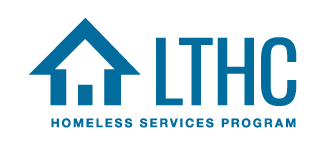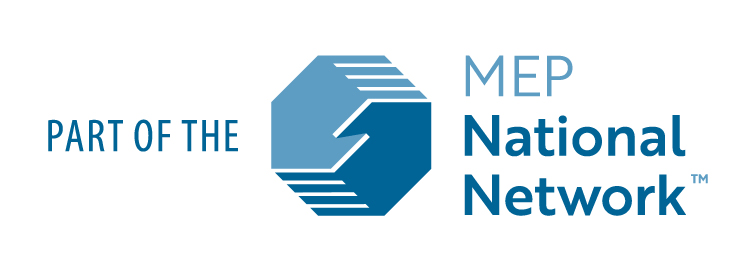Lafayette Transitional Housing Center (LTHC Homeless Services) is a non-profit organization which began in 1989 to develop housing, offer supportive services, and other opportunities to foster self-sufficiency for the homeless, particularly families with children, in our community. LTHC operates the following programs: the Homeless Services Program - Coordinated Entry, Permanent Supportive Housing Programs, Rapid Re-Housing, and Supportive Services for Veteran Families. The goal of each program is to help individuals and families who are experiencing homelessness to learn the needed skills to maintain housing.
Situation:
The organization is continually stretched to meet community demands for homeless services with only one maintenance person to maintain 59 housing units, in addition to providing support for an administrative/service facility. This capable individual has juggled a crisis maintenance situation for years. Significant grant developments in recent years enabled LTHC to make substantial improvements to all of its housing units, and the units now need to be well-maintained with more foresight and a preventive maintenance focus.
Additionally, LTHC was recently awarded tax credit funding and local support to construct a 40 unit apartment development and new program/administrative facility. This major project requires the agency to become much more effective in how it allocates maintenance resources. LTHC had no information on how these resources were being used historically except anecdotally. The facility committee for LTHC determined that some form of maintenance tracking was necessary to better plan for current and future needs.
Solution:
LTHC initially considered a paper system which could then be entered into a database to track roughly 10 different tasks, such as where the work was done and how much time was spent. This approach would have required data entry, and the maintenance person is not someone who uses paper but is comfortable with their smartphone. However, no funds were available for any software.
The organization tried several inexpensive maintenance apps, but found their flexibility made them more difficult for someone who is not tech savvy. LTHC applied to the MEP program for assistance with Tyler Wright agreeing to tackle the need for a simple and easy to use app. LTHC is just beginning to put the app into daily use, and is confident the high quality of Wright's work will be successful in the field. Managers can easily access the database information and download it into an Excel format for analysis. LTHC will be able to make informed decisions about maintenance issues now and well into the future.
Results:
LTHC has already made significant strides in getting a handle on its maintenance issues, which in turn has freed up staff to focus more on the mission and less on electrical hazards, clogged toilets, or guttering problems. It is too early to gauge the full impact of this app, but the goal is to reduce the cost of maintaining LTHC’s facilities 5-10% in the coming year due to the ability to effectively plan preventive maintenance.
“We are extremely pleased with the professional quality and effectiveness of this software, and we believe that it may have potential to assist other homeless programs in managing their preventive maintenance efforts.”
Michael Cruz, LTHC Board member, Chair of Facilities Committee



